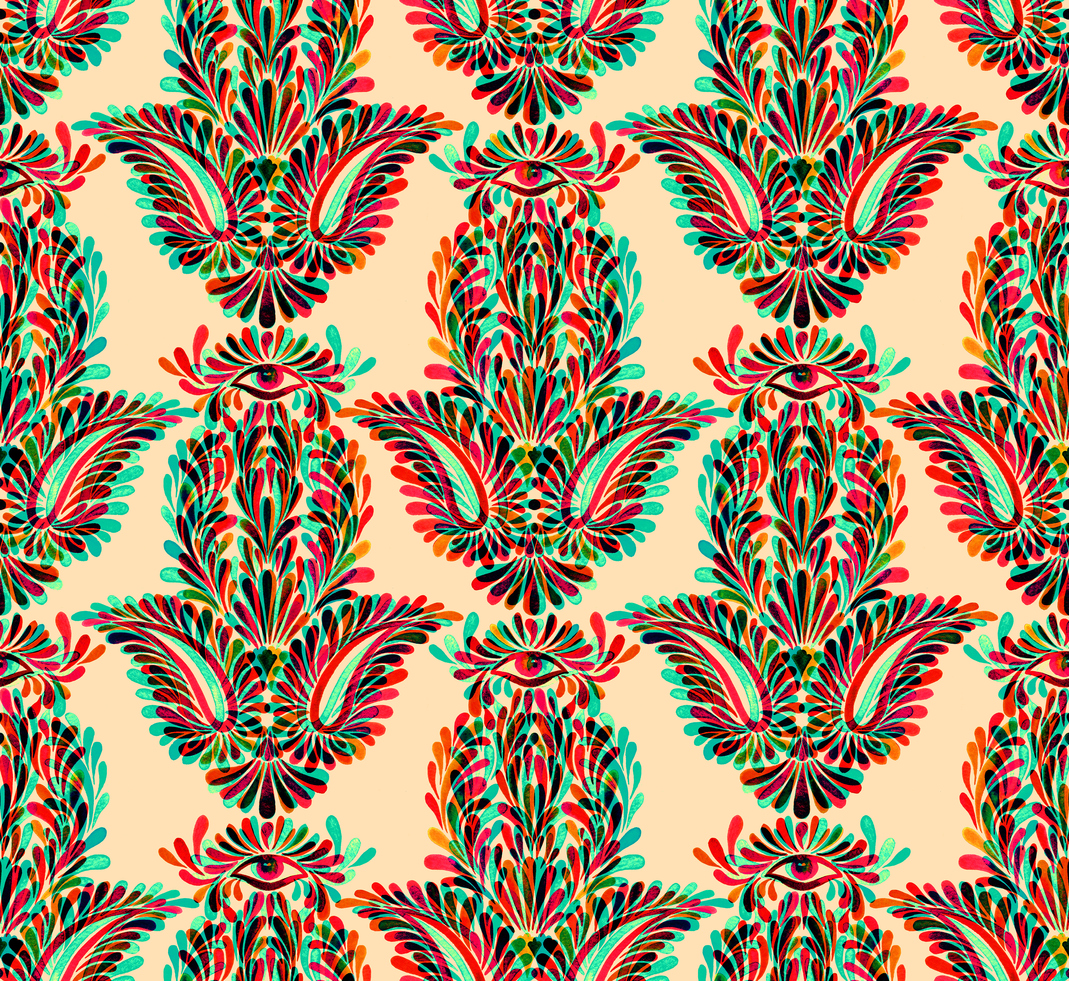I was about 6 or 7 when my mom began practicing Nichiren Buddhism. For the most part, I was confused.
“I don’t understand how chanting something in a language you don’t understand over and over to a piece of paper in a box on the wall will change your life,” I once told my mom. Clearly, I have always been very practical.
My mom was raised in a Jewish household in London. Her father owned a kosher catering business. She remembers her mother always lighting candles on Shabbat. Yet she always felt connected to Judaism more on a familial and cultural level, rather than a religious or spiritual one. She didn’t discover Nichiren Buddhism until later in life.
“I was introduced initially to Nichiren Buddhism in 1998, but was not interested to pursue it after attending an initial discussion meeting at that time,” she recalls. She didn’t become involved until 2000.
Nichiren Buddhism is a Japanese sect of Buddhism founded by a 13th century Japanese Buddhist priest named Nichiren. It follows the Lotus Sutra doctrine, which states that all people have a Buddha nature and are capable of achieving enlightenment. The largest international group of Nichiren Buddhists is called the Soka-Gakkai International (SGI).
“The philosophy of the Buddhism resonated with me, as it teaches that I could pull strength guidance, and protection for my own life by chanting, adhering to the practice, and following instruction from the SGI. I was very anxious and vulnerable at that time, being a single mom with no regular steady income and no child support.”
Since starting her practice 15 years ago, she has felt “more resilient, secure, and grounded.”
As I was so young, I don’t remember much about the shift. I still knew I was Jewish. We had a mezuzah on the door, went to temple for the Jewish New Year, and I went to Hebrew school most Sundays as a kid. I just knew my mom was chanting these new, unfamiliar words over and over.
My mom’s mom died at age 103 in 2012. My mom never told my grandmother of her Nichiren practice — and doesn’t regret it. Indeed, I remember visiting my grandma as a kid and having my mom quietly chant to herself after Grandma was asleep.
Yet, being both Jewish and Buddhist isn’t that taboo. In fact, my mom knows multiple people who also identify as “JuBus.” One of them is a woman named Sylvia, a 93-year-old, who has been practicing Nichiren Buddhism for over 40 years.
There are many notable Jewish people who practice some form of Buddhism. For instance, writer Allen Ginsberg practiced Tibetan Buddhism, actress Goldie Hawn practices Buddhist meditation, and singer-songwriter Leonard Cohen practiced Rinzai Zen Buddhism — even being ordained as a monk.
My mom personally sees no overlap between Judaism and Buddhism. “Judaism is all about adhering to law from God on the outside, Buddhism is all about developing one’s own god on the inside,” she explains.
“I reconcile the Buddhist practice with my Jewish heritage very well,” she tells me. “My Jewishness is my ethnicity, whereas my Buddhist practice is something that I have acquired along the way that keeps me harnessed in the correct zone or place to keep upward and forward in life.”
I still consider myself to be Jewish, from a Jewish family. At the apartment I share with my Jewish partner, we have a beautiful mezuzah hanging on our door frame. We named our puppy after Lilith from Jewish midrash — and the Jewish feminist magazine.
Yet while I’m very adamant about my Jewish heritage, I identify mainly as agnostic. I don’t know if there is a higher power or an afterlife. Recently, however, I’ve started to look into Kabbalah, Wicca, and other traditionally “obscure” types of mysticism — that also happen to be more female-centric. Considering how patriarchal Abrahamic religions like Judaism tend to be, it’s a breath of fresh air to see matriarchal traditions come into play.
Perhaps I’ve been inspired by my mom’s Buddhist practice, but to truly follow in her foosteps, I need to discover a spiritual outlet that works for me.



